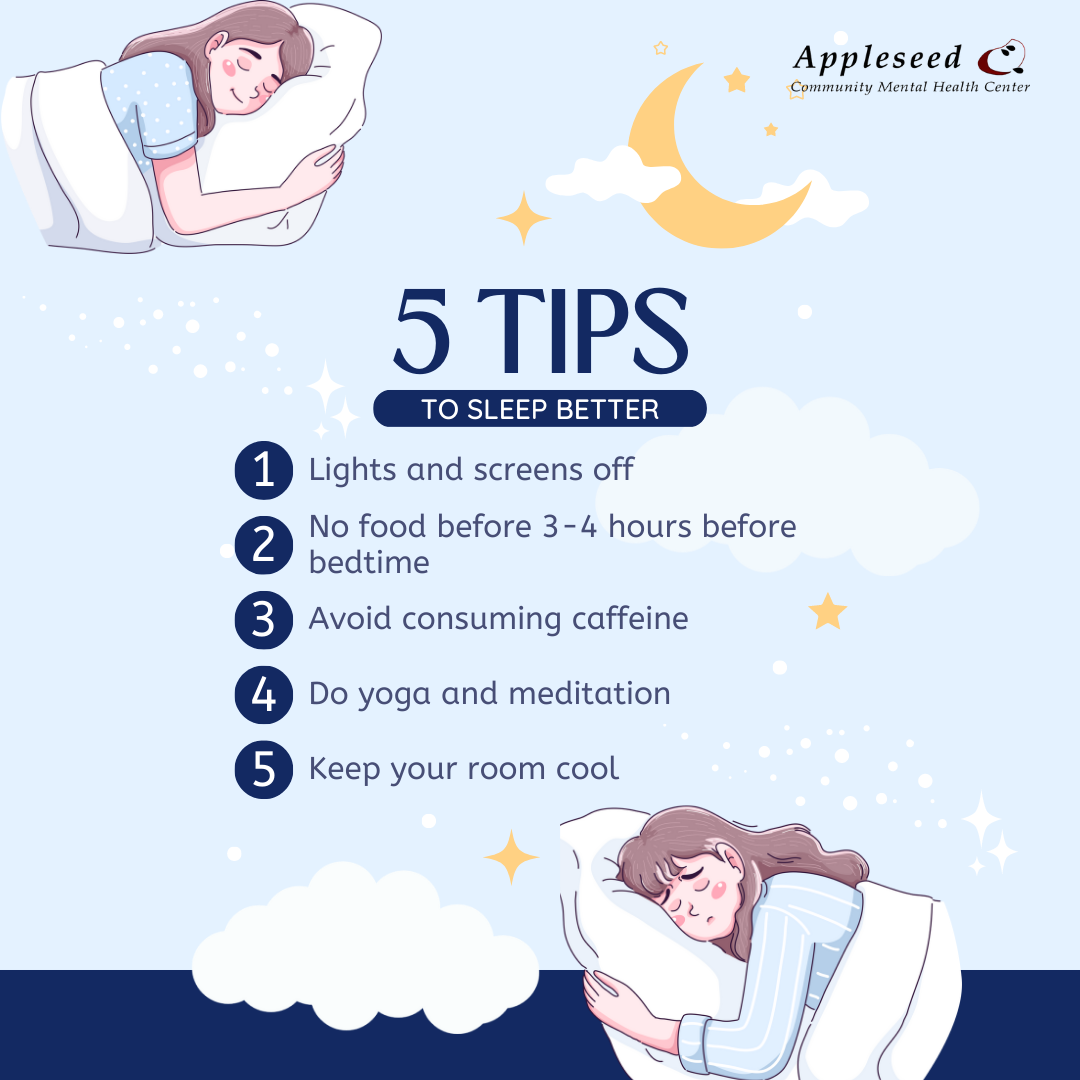Improving Your Sleep For Mental and Emotional Resilience
According to the Sleep Foundation, there is a bidirectional relationship between sleep and mental health. Each affects the other. Improving your sleep will likely have a beneficial impact on your mental health. Harvard Medical School indicates that sleep and mental health are closely connected. A good night's sleep helps foster both mental and emotional resilience. Sleep deprivation leads to negative thinking and emotional vulnerability. While it’s a good idea to go to bed at the same time each night, realistically, there will be some nights when your brain is buzzing and not ready for sleep. If so, don’t lie down. Instead, do something to relax until you feel tired. Take a warm bath or sit in a comfy chair and listen to soft, calming music. You’ll spend less time in bed but more time asleep.
WebMD suggests before bedtime you stay away from thinking about stressful subjects, like work or your finances. These topics can make your thoughts churn and cause difficulty sleeping. Take care of your bills, business, and work issues during the day and do something relaxing at night like painting, a word-find, crocheting, a-jigsaw puzzle or try reading a novel for 30 minutes before bed.
For better sleep try keeping all the screens away from your bedroom. Limit TV, the news, and social media before bed. Your phone, tablet, and other screens can mess with your sleep. They give off blue light, which signals to your body to stop making melatonin, the hormone that controls when you feel sleepy. Instead, this light tells your brain to stay alert. Also, the late-night dings and buzzes from your phone can jolt you out of peaceful slumber. Most phones have a nighttime low light setting. Make sure you turn it on. It is key in allowing our brains to rejuvenate and restore.
It is important to make sure sure that we take the time to rest our minds. This means quieting our mind from all the worries and pressing thoughts we dwell on each day. Simple activities can help your mind experience a break. Things like coloring books, word or jigsaw puzzles, crafting, or creative arts like painting, and drawing, or reading a novel before bed help-relax-your-mind. They help you stop focusing on worry and ruminating about your stressors. Simple, repetitive activities can help you calm your thoughts and tune out the chatter in your head.
You'll feel better with more rest.
https://www.webmd.com/balance/ss/slideshow-how-to-quiet-mind
https://www.health.harvard.edu/newsletter_article/sleep-and-mental-health
https://www.webmd.com/sleep-disorders/sleep-science-19/better-rest/slideshow-sleep-quiet-mind






